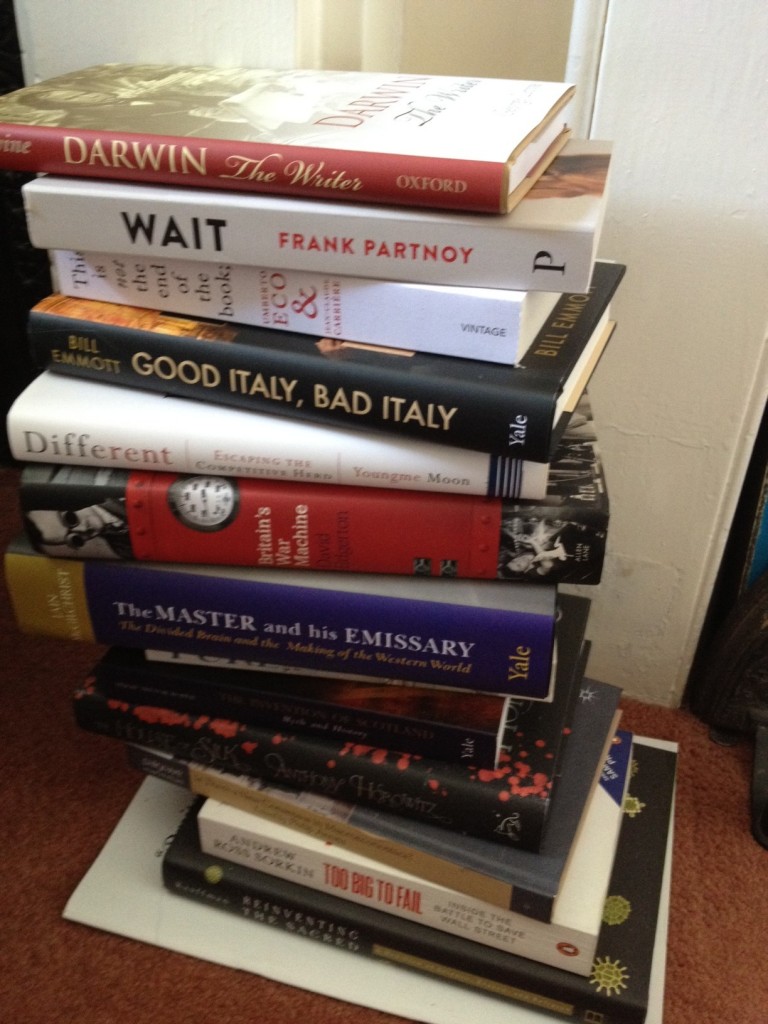It is hard to find reasons to be cheerful about the state of the world economy, especially after reading Dani Rodrik’s all too scarily plausible scenario for a replay of the Great Depression, but worse, ‘The End of the World As We Know It.’ His scenario starts with a Syriza victory. The news that the Greek people decided to stay teetering on the brink of the financial and economic precipice rather than leaping over it right now is a small comfort.
I turned to Benjamin Friedman’s 2005 book, [amazon_link id=”1400095719″ target=”_blank” ]The Moral Consequences of Economic Growth[/amazon_link], a powerful argument that growth and public values, economics and politics, are inextricably related. He traces back to its Enlightenment roots the idea that progress in one sphere is related to progress in another. He sees the Great Depression in the United States (but not Europe) as the one exception to the general rule that economic stagnation or decline leads to an erosion of a society’s openness and commitment to democracy: “America during the Great Depression strengthened its commitment to these positive values and, moreover, did so in ways that proved lasting.” (p159) The reason, of course, was the exceptional response of the New Deal, and FDR’s leadership.
One reason for feeling so gloomy about the US and Europe alike now is that there is no sign of exceptional political leadership. Extremists are gaining political ground. The false consciousness of the anti-GDP and happyism movement is alluring for some people who ought to know better than to stick their heads in this romantic sand. I know economists have no reason to act complacent these days, but where are the politicians?
[amazon_image id=”1400095719″ link=”true” target=”_blank” size=”medium” ]The Moral Consequences of Economic Growth[/amazon_image]


